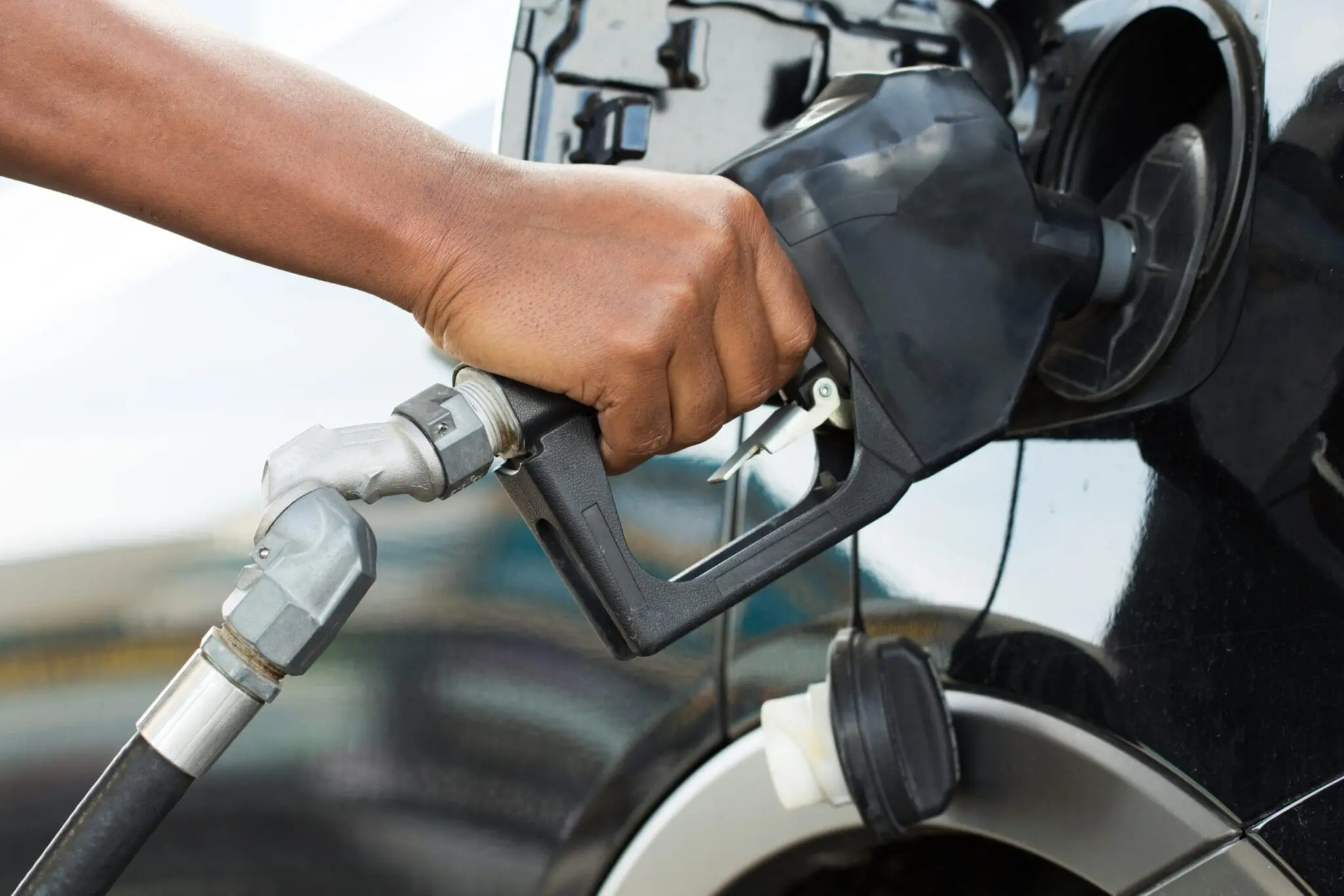Categories


Are you in the market for a new vehicle? Feeling the effects of the cost of transportation on your budget? Or maybe looking for a few ways to cut back on expenses? If so, we totally get it, and we're here to guide you through a few possible ways you can save some of your hard-earned money when it comes to vehicles— both old and new!
Find a few tips below for ways to positively impact your budget when it comes to your current car and some helpful tips if you find yourself in the market for a new car anytime soon.
TIP #1: PAY ATTENTION TO YOUR DRIVING HABITS
Yes, the way we drive does impact how much money we have to put into our cars in various ways! Being aware of our driving habits and making small yet intentional changes to those habits can have a positive impact on our wallets both at the gas station and at the mechanic. A few driving habits that can affect our fuel efficiency are:
Aggressive Driving: Speeding, rapid acceleration, and rapid braking—to name a few! These driving habits can lower gas mileage by up to 40%, according to The U.S. Department of Energy, which has a direct and significant impact on fuel efficiency and our budget. Consider driving the speed limit and avoid rapidly changing speeds to save some change while behind the wheel!
Cruise Control: Utilizing cruise control can impact fuel efficiency positively by helping maintain a constant speed. While on a long trip or even just on your commute to work, consider using cruise control to help maintain your speed as this might just impact your wallet in the long run!
Idling: Sitting in an idle car negatively affects fuel efficiency because it still uses fuel but doesn’t gain any miles— essentially earning zero miles per gallon! According to The U.S. Department of Energy, idling can cost as much as $0.02 per minute.
TIP #2: PAY ATTENTION TO MAINTENANCE
While it may not sound like you’re necessarily saving money up-front, preventative maintenance is key to maintaining a fuel-efficient and well-running vehicle. Not only is it key for fuel efficiency, but maintenance may prevent even larger repair bills further down the road by preventing parts from breaking down or failing unexpectedly. While things still happen and we can’t always predict everything, preventative maintenance is an investment that just might make a great impact on your wallet in more ways than one! A few ways to keep your car in shape:
Tire Upkeep: Tires are the things that actually come in contact with the road— they’re really important! Keeping them inflated to the correct pressure, aligned, and balanced typically improves fuel economy which ultimately improves your wallet, too!
Air Filters: Ensuring that your engine air filter is clean, and filtering properly can improve gas mileage, especially if you drive an older model car with a carbureted engine. These typically don’t carry a huge price tag and can often be combined with an oil change service— saving you time and money!
Oil Changes: Speaking of oil changes, make sure you’re following the recommended schedule and grade of motor oil for your specific make and model! According to The U.S. Department of Energy, using the correct grade of motor oil can improve fuel efficiency by up to 2%!
TIP #3: AT THE DEALERSHIP
If you’re in the market for a new vehicle, keep in mind that you can find details on fuel economy and environmental impacts for specific makes and models both online and in-person at the dealership! For any vehicle you should be able to find:
Fuel Economy: Including Miles Per Gallon (city and highway), Fuel Cost Savings (compared to the average new vehicle), and the Annual Fuel Cost (based on 15,000 miles per year and an average fuel price). All these details directly affect how much you can expect to spend on your vehicle, which alters your overall budget!
Environment: Including Greenhouse Gas Rating and Smog Rating in comparison to other vehicles of the same model year.
Keep these in mind when shopping for your new ride as you might find that your dream car isn’t quite so dreamy when it comes to keeping it running and on the road!
For more ways to save and more information on fuel economy, find a complete guide compiled by The U.S. Department of Energy, the Office of Energy Efficiency and Renewable Energy, and the U.S. Environmental Protection Agency here.



